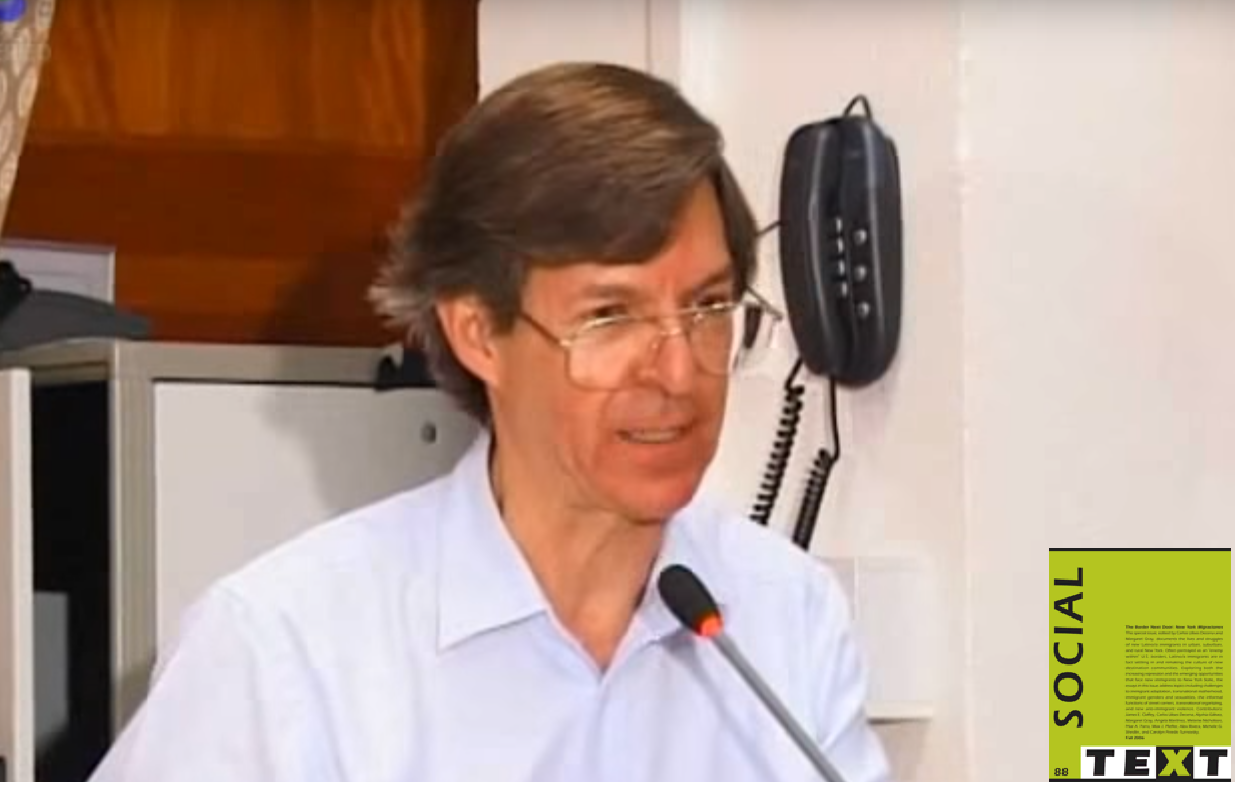The Sokal hoax and its lessons.
Twenty years ago, the academic journal Social Text published an article with the trendy title “Transgressing the Boundaries: Towards a Transformative Hermeneutics of Quantum Gravity." The article claimed that quantum gravity is nothing but a social and linguistic construct that physicists are trying to pass off as a genuine account of the universe around us. Theoretical physics, the article concluded, is just a bunch of meaningless words and symbols.
The actual meaningless words and symbols were those in the article itself, which consisted of high-flown gibberish. It was a postmodern spoof of postmodernism.
The article, author Alan Sokal would later write, was "a pastiche of left-wing cant, fawning references, grandiose quotations, and outright nonsense," all "structured around the silliest quotations" by postmodernist academics. He hoped by his hoax to make an important point: that humanities professors under the influence of postmodern doctrines had discarded basic standards of logic and proof and were prone to believe—even publish—utter silliness.
Today most academics working in the humanities appear to have dismissed the Sokal hoax as a minor mishap in the unfolding of an important intellectual trend. Yes, there was some discomfiture, but neither the journal nor its editors suffered any long term damage as a result of the hoax. Social Text is still published by Duke University Press. The intellectual currents of postmodernism persist.
No lessons seem to have been learned from the hoax: The trends that Sokal spoofed remain trendy in academic liberal arts. "You might have thought that humanities scholars, and particularly those working in subfields of cultural studies, would have been mortified with embarrassment, like a pretentious man who got caught mistaking his son's finger-paintings for Jackson Pollock originals," says intellectual historian Wilfred McClay. "But they weren't much embarrassed, and those fields have not suffered noticeably."
Postmodern academics have vigorously guarded their reputations—and their turf. Postmodernism was designed to challenge and undermine traditional institutions just as much as it was designed to undermine traditional literary analysis. But Sokal turned the tables on them, undermining the enterprise of postmodernism itself. James Ceaser, professor of political science at the University of Virginia, says the newfangled linguistic theorists were very much not amused: "They reacted like bourgeois academics, condemning [it as an] attack on the standards of academic integrity."
Though the Sokal hoax may not have changed academia, it certainly helped to alter the public's view of it. As McClay notes, "the Sokal controversy (and the nonresponse to it) have contributed in their own small way to the erosion of claims to expert knowledge made by academic professionals in this country and around the world. The general public is increasingly disinclined to trust experts, and to see expert knowledge itself as politicized and tendentious." This is true: By now the public is skeptical of expert claims in a variety of fields, whether they come from scientists making large claims about climate change, pollsters predicting election outcomes, or psychiatrists positing that gender is a social construct that can be altered by surgery.
It appears that Sokal himself was only trying to make a narrow point against the postmodernists, which was to limit their theories to their own academic bailiwicks and to keep them out of the hard sciences. It is, in other words...
Read the entire piece here at The Weekly Standard
______________________
James Piereson is a senior fellow at the Manhattan Institute. Ms. Riley is a senior fellow at the Independent Women’s Forum.
This piece originally appeared in The Weekly Standard
